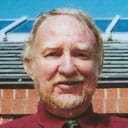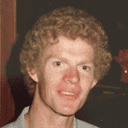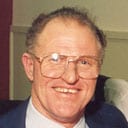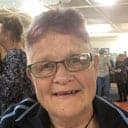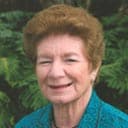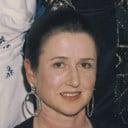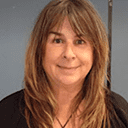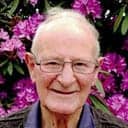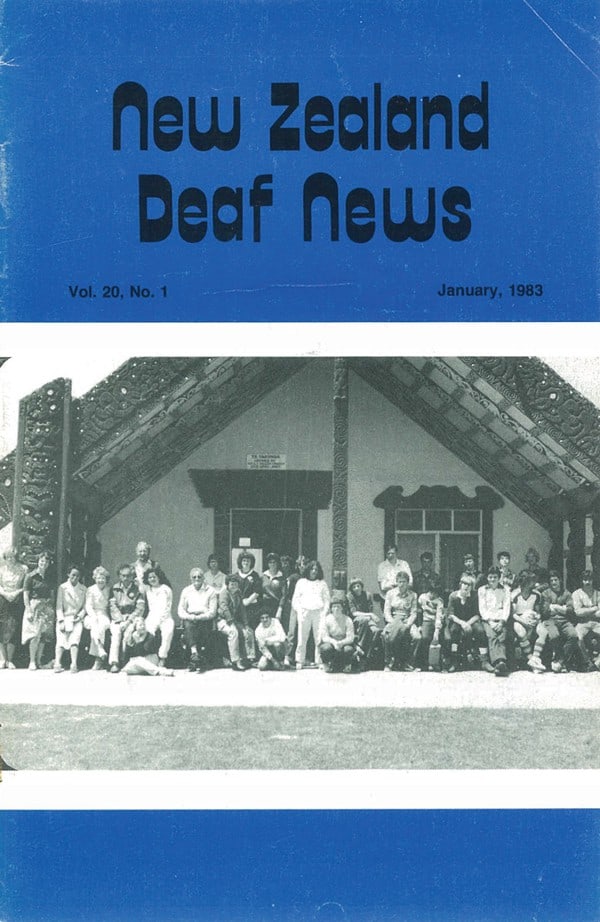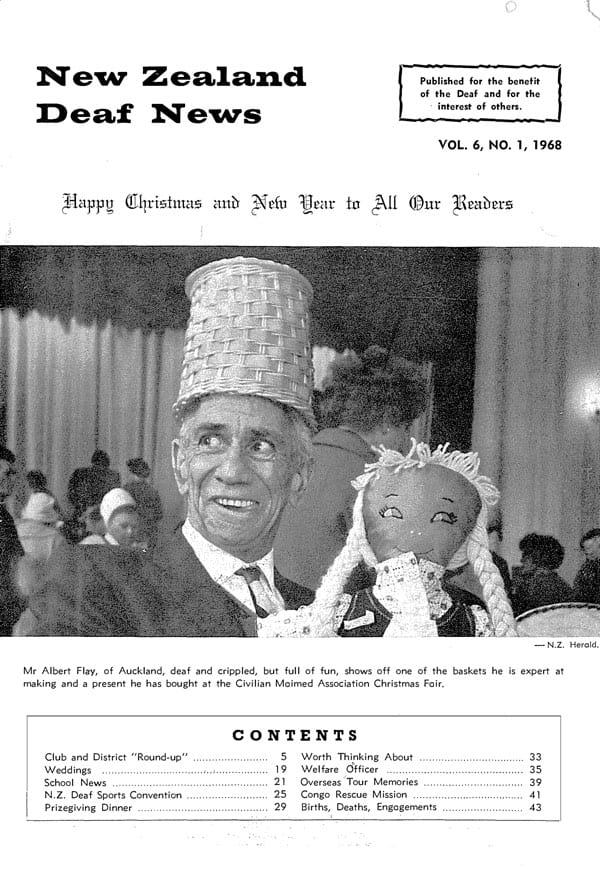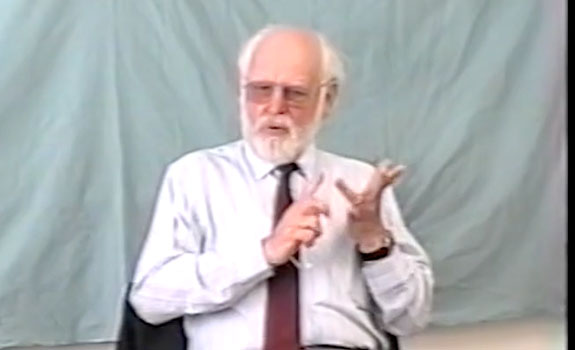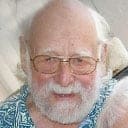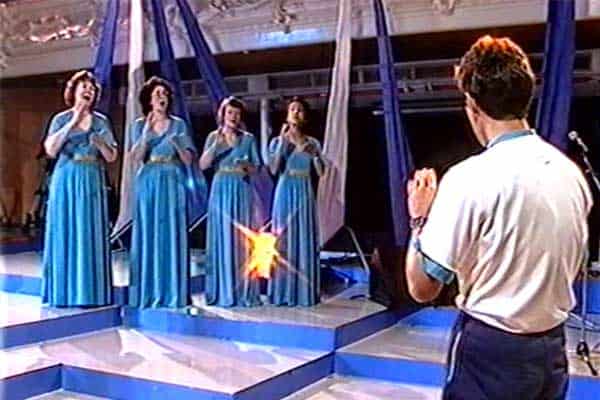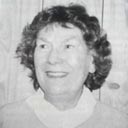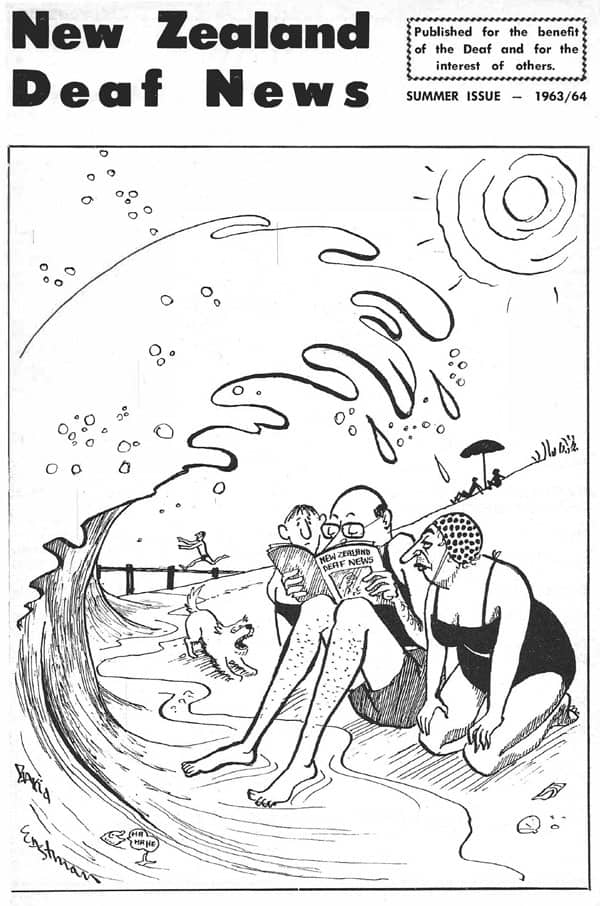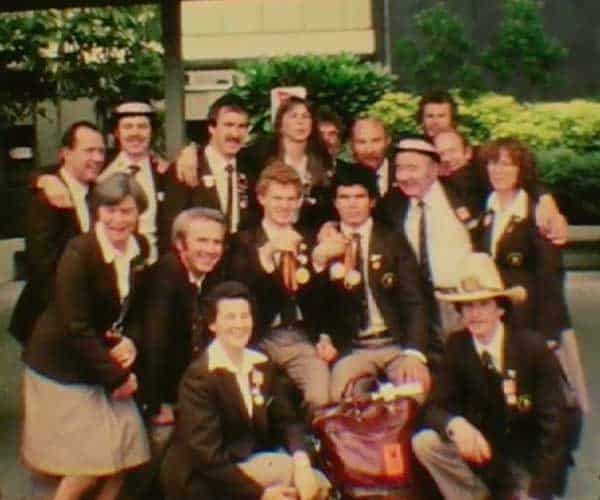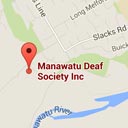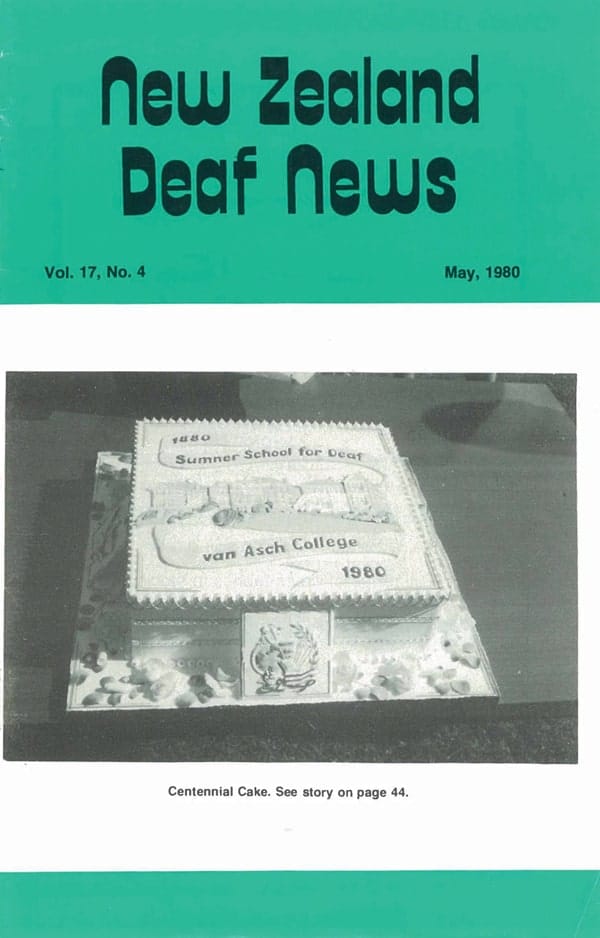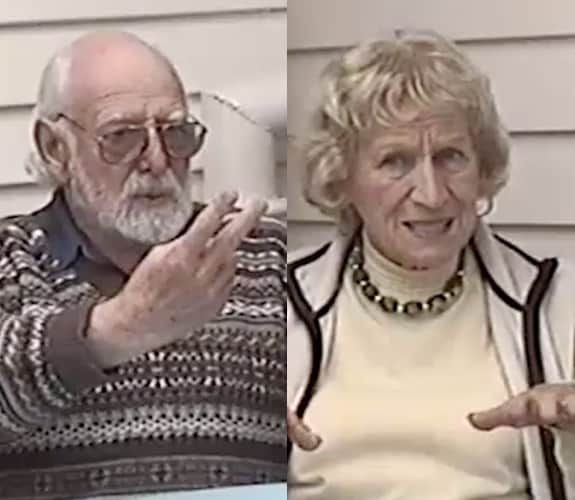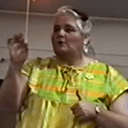NZ Deaf News: September 1981 (Vol. 18, No. 3)
Some of the items featured in the September 1981 (Vol. 18, No. 3) issue of ‘New Zealand Deaf News’:
- The NZ Deaf Amateur Sports Association has a successful trip to the World Deaf Games, finishing 16th out of 34 countries. Robert Algie and John Ooteman both won medals.
- Telethon for the Disabled raised $5 million dollars; funds can be applied for in October 1981.
- Six people from Manawatu with three other advanced Total Communication class members sign sing a song, “To make a big man cry” at the Telethon 1981 in Palmerston North.
- The Taranaki Deaf Club members set up a display in New Plymouth Mall to inform the public of the Club’s existence and activities. They set up a TTY display which was a real attraction to the public!
- A new branch has been formed as a sub-branch of Wellington Deaf Society – Hutt Valley Deaf Club.
- First New Zealand Deaf Women’s Conference 1981.
- Bruce McHattie, NZAD President, raised $1,245 through sponsorship for his 24 hour appearance at the Telethon Headquarter at the Town Hall.
- Deaf Organisations
- TV/Media



